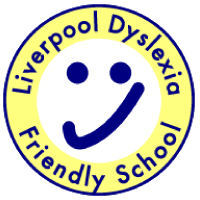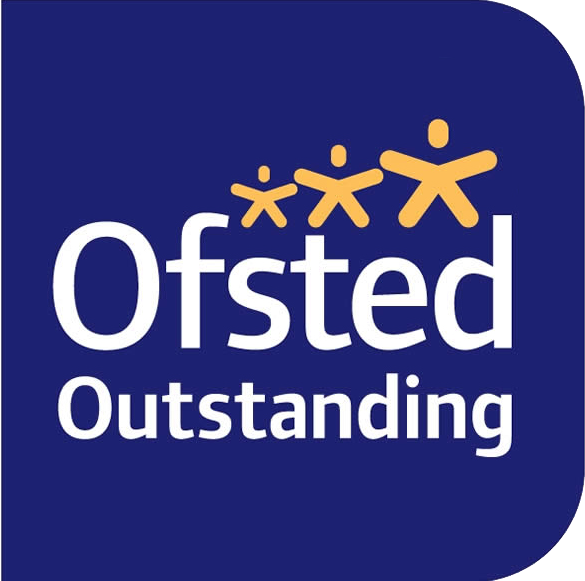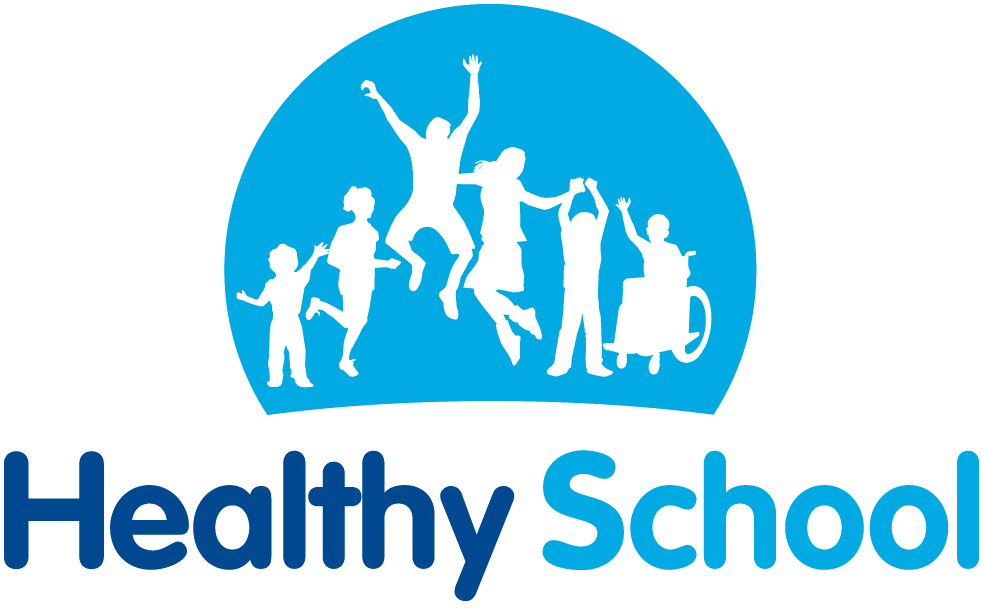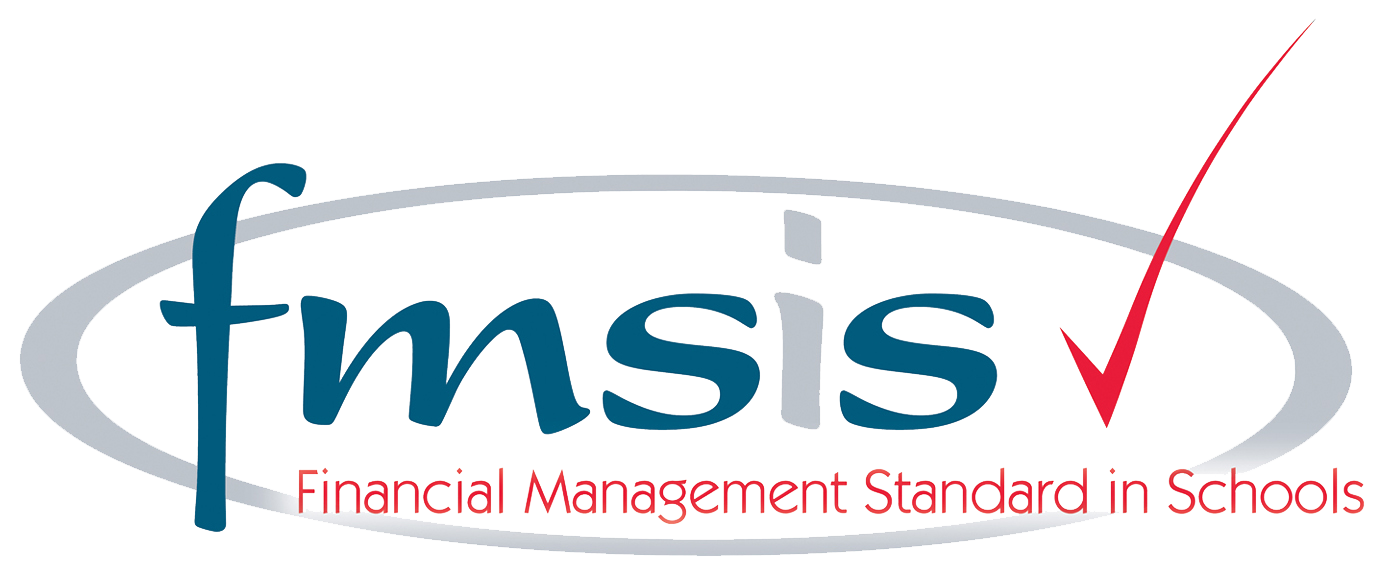Vision
Our History curriculum intends to deliver a curriculum that is accessible to all and that will maximise the outcomes for every child so that they know more, remember more and understand more. The history curriculum promotes curiosity and love and a thirst for learning. It is ambitious and empowers our children to become independent and resilient. Teaching should equip pupils to ask perceptive questions, think critically, weigh evidence, sift arguments, and develop perspective and judgement. Workshops and trips to historical sites and museums enable us to foster a love of learning and an appreciation for the wider world. Pupils are equipped with the skills to develop opinions, theories and ideas and to have the confidence to challenge both themselves and each other. We want our children to have no limits to what their ambitions are and grow up wanting to be archivists, museum curators, historians, archaeologists or research analysts.
Intent
We believe that high-quality, hand on history lessons will inspire children to think innovatively and develop their natural curiosity. Our history curriculum encourages children to develop a coherent knowledge and understanding of Britain’s past and that of the wider world. Pupils should be clear about what the intended outcomes are and have the means to measure their work against this. In history, children are expected to be reflective about their thinking. This should be made meaningful and as real as possible throughout the process, with evidence of age/ability-related verbal and written reflection. History at Bank View is developed to equip pupils to think critically, weigh evidence, sift arguments, and develop perspective and judgment. The pupils will gain knowledge of Britain’s past, and our place in the world to help them understand the challenges of our own time. They will learn about specific people and events in history as well as develop a chronology of Britain’s history both ancient and recent.
Implementation
History is taught mainly through a topic-based approach and gives pupils a chance to explore a wide range of sources from which the past may come alive. This will include a range of out-of-school visits, workshops, visitors and artefacts. A two-year cycle is planned to provide a wide coverage and chronology of British history, along with aspects of the ancient world. Teachers plan history carefully using the objectives from the national curriculum that form our medium-term plans, which are then transferred onto a progression map for each stage of learning.
Impact
Our history curriculum is high quality, well thought out and is planned to demonstrate progression. If children are keeping up with the curriculum outcomes, they are deemed to be making good or better progress. In addition, we measure the impact of our curriculum through a reflection on standards achieved against the planned outcomes; a celebration of learning for each term which demonstrates progression across the school; assessment of the skills and knowledge with our domain sheets and pupil discussions about their learning. Teachers recap on previous learning through questions at the beginning of a new unit of work; know more remember more. New learning is continually revisited by the teachers to embed.








